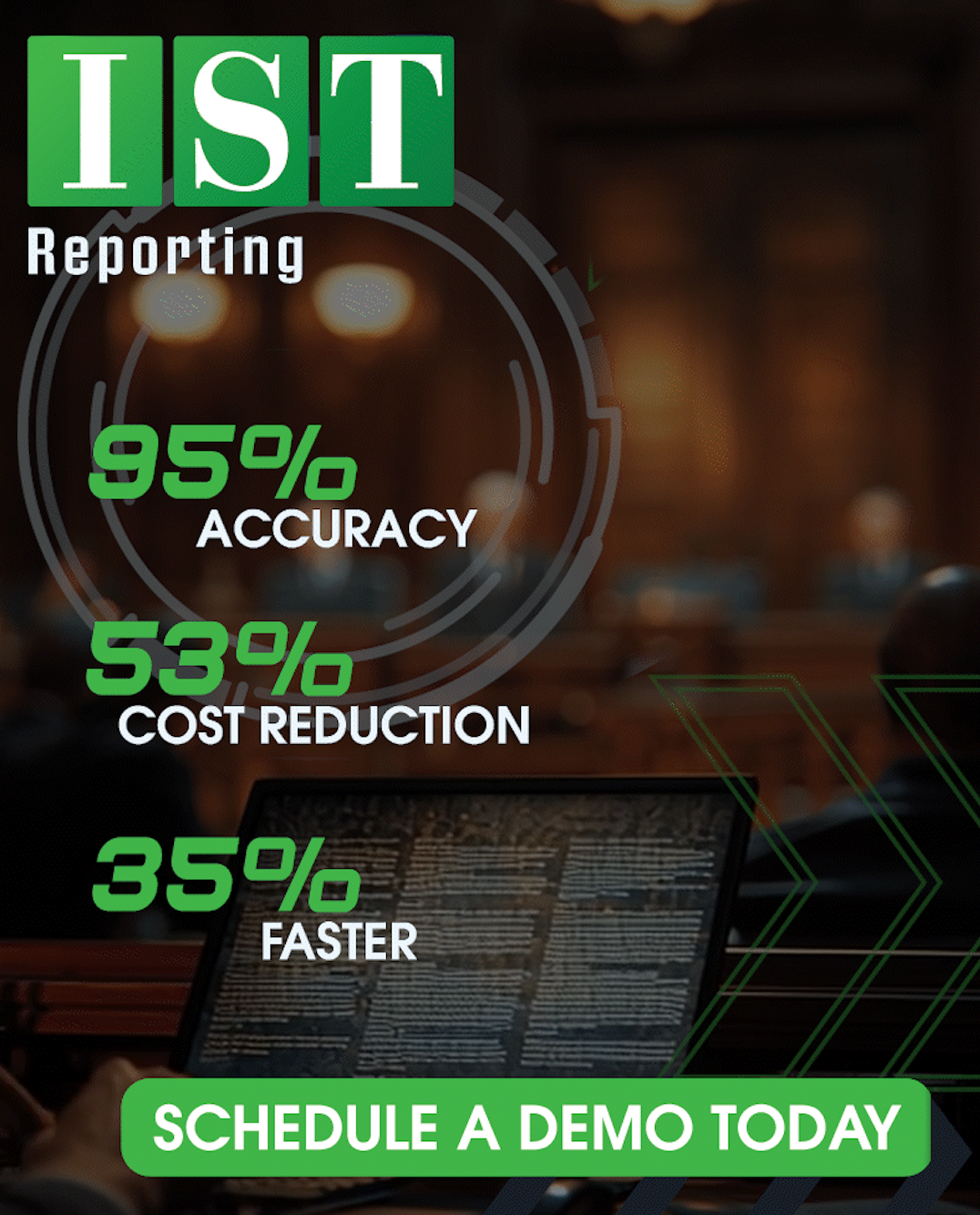The Risk of Forgoing Digital Forensics
Innovate & Integrate
There's no doubt that electronic discovery (eDiscovery) has become an indispensable tool in the legal field for collecting, preserving, and analyzing electronic information relevant to legal cases. We have seen more courts grant orders on motions to compel discovery and motions for spoliation. While the cost and complexity of eDiscovery can sometimes lead to cutting corners, compromising the quality of a data forensics service should not be a consideration.
The process of data forensics involves the careful examination of digital evidence to establish its authenticity and integrity. Self-data collections by custodians will open the door for opposing counsels to question everything on the productions they received.
Here's why forgoing data forensics is never an ideal approach in eDiscovery:
1. The cost of using a forensic professional encompasses a small part of any eDiscovery case.
eDiscovery can indeed come with substantial costs, but the expenses related to data forensics are often a relatively small portion of the overall budget. Compared to potential litigation costs, fines, or sanctions resulting from mishandled data, the investment in proper forensics pales in significance. Cutting corners here might save a little in the short term, but it can lead to massive repercussions in the long run.
2. Forensics Analysis verifies that clients provide all relevant information.
One of the fundamental aspects of any eDiscovery process is ensuring that all relevant information is identified and collected. Forensic experts can meticulously examine digital devices, uncover hidden or deleted files, and determine if crucial evidence has been tampered with. By skipping data forensics, you risk relying solely on the information provided by your client, which could be incomplete or even intentionally misleading. Forensics adds an extra layer of validation to your case, bolstering its credibility.

3. Utilizing Forensically sound methods helps avoid spoliation of electronically stored information (ESI).
ESI spoliation, the alteration or destruction of electronic evidence, is a serious offense that can lead to severe legal consequences. Data forensics not only helps to identify potential spoliation but also provides the means to establish the timeline of events, demonstrating whether any data manipulation occurred after litigation was anticipated. Inadvertent spoliation can also be identified and corrected through proper forensic analysis, saving your case from unnecessary setbacks.
4. Don't become a case study for eDiscovery:
Cutting corners on data forensics can lead to disastrous outcomes, turning your case into a cautionary tale for others. By skipping this crucial step, you could unknowingly introduce evidence with questionable authenticity, leaving your case vulnerable to challenges from opposing counsel. Being ill-prepared in the face of a well-equipped adversary can lead to unfavorable judgments or settlements that could have been avoided with a thorough forensics workflow.
In conclusion, eDiscovery is a multifaceted process that requires meticulous attention to detail. Forgoing data forensics might seem like a way to save costs, but it's a decision that can have severe and very costly consequences. The relatively small investment in data forensics can safeguard the authenticity of evidence, help prevent spoliation, and ultimately contribute to a stronger, more defensible legal position. Partnering with IST Management for data forensics and eDiscovery services can seamlessly ensure a successful and secure litigation experience.






